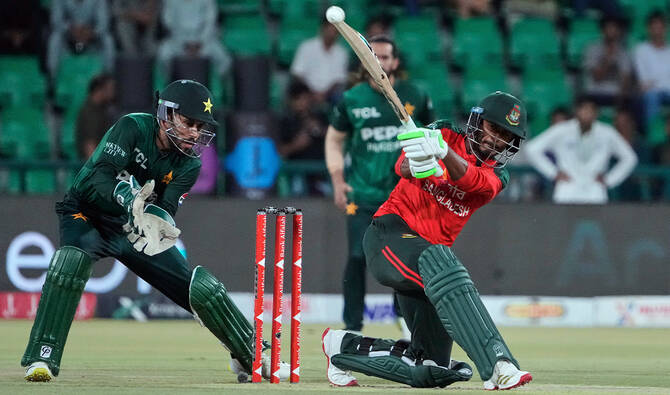ISLAMABAD: Pakistan’s army chief General Syed Asim Munir said that the security operation against militants would continue “unabated,” state-run Associated Press of Pakistan (APP) reported on Saturday, a day after two suicide blasts killed at least 65 people in the country.
At least 60 were killed and scores injured on Friday when a suicide blast targeted a gathering held to mark the birthday of Prophet Muhammad (peace be upon him) in Pakistan’s southwestern city of Mastung. In a separate attack the same day, militants targeted a mosque at a police station in Khyber Pakhtunkhwa’s Hangu district to kill five more people.
No militant groups have so far taken responsibility for the attacks but Pakistan’s Caretaker Interior Minister Sarfraz Ahmed Bugti said on Saturday that India’s intelligence agency, the Research and Analysis Wing (R&AW) was behind the blasts.
“Our operation against terrorists would continue unabated and the Armed Forces, Intelligence and Law Enforcement Agencies shall not rest till the menace of terrorism is rooted out from the country,” the APP report quoted the army chief as saying.
Munir said these words during his visit to Quetta where he was briefed on the recent bomb blasts in a meeting attended by senior civil and military leaders.
Without mentioning any entity, the army chief said militants were backed by the “State Sponsors of Terrorism.”
“These terrorists and their facilitators, having no link with religion and ideology, are proxies of the enemies of Pakistan and its people,” he was quoted as saying.
Later, the army chief visited the Combined Military Hospital (CMH) Quetta to inquire after the injured and met the victims’ families. During his visit, Munir lauded Balochistan Police and law enforcement personnel for their bravery and resilience, APP said.
Pakistan has witnessed a surge in militant attacks in the two western provinces located near Afghanistan following the 2021 Taliban return to power in Kabul.
According to statistics compiled by the Pakistan Institute for Conflict and Security Studies, the first half of the ongoing year saw about an 80 percent increase in attacks compared to the corresponding period in 2022.



















